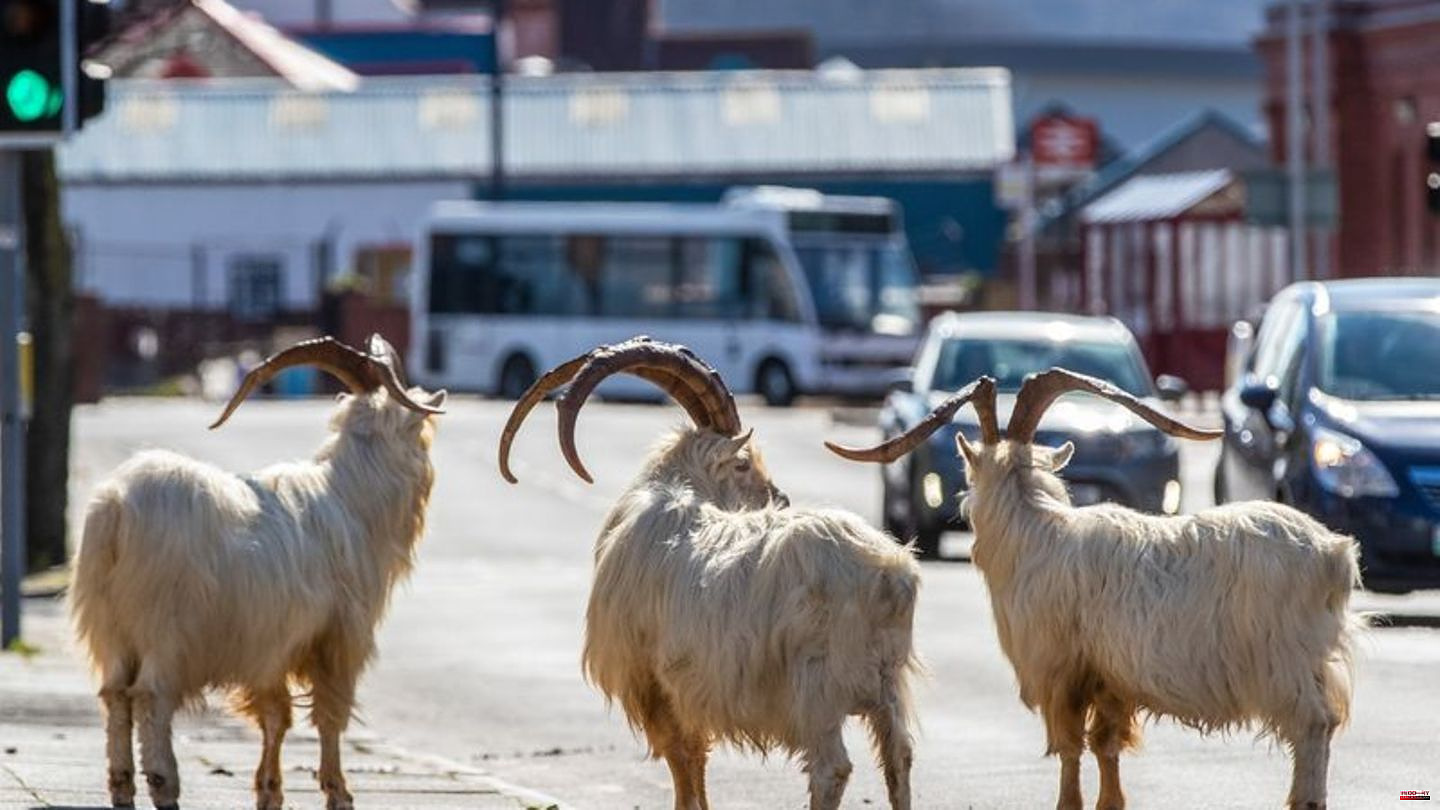The restrictions during the corona pandemic have also had an impact on animal behavior. Wild land mammals traveled longer distances and stayed closer to roads during the tight lockdowns. This is the result of an international study presented in the journal Science. Scientists from the Frankfurt research institute Senckenberg were also involved.
In the first year of the pandemic, 2020, there were reports from many places that wild animals were increasingly appearing in cities. Was that really the case - or were people simply more attentive because they were more at home? To answer this question, the research team analyzed movement data from more than 2,300 mammals from 43 different species, such as elephants, giraffes, bears and deer, for which GPS data were available. The researchers compared the movements during the first lockdown phase between February and April 2020 with those in the same period of the previous year.
Significantly more movement after a short time
"Our data shows that animals traveled up to 73 percent longer distances over a 10-day period during strict lockdowns than in the previous year before restrictions were imposed," said Marlee Tucker, first author of the study and an ecologist at the Radboud University. University in Nijmegen, The Netherlands. "We were also able to determine that on average they were 36 percent closer to roads than in the previous year. This can certainly be explained by the fact that there was much less road traffic during this period."
A number of species-specific case studies align with the research team's findings: cougars (Puma concolor) moved across city limits during the lockdown, abundance of porcupines (Hystrix cristata) increased in urban areas, diurnal activity of the Florida cottontail (Sylvilagus floridanus) rose and brown bears (Ursus arctos) use new connecting corridors.
Man has great influence
"During the strict lockdowns, far fewer people were outdoors, which gave the animals the opportunity to explore new areas," explained Thomas Müller from the Senckenberg Biodiversity and Climate Research Center and the Goethe University Frankfurt. "In contrast, in areas with less strict regulations, we observed that mammals traveled shorter distances than in the previous year. This could be related to the fact that during these periods people were encouraged to go out into nature. As a result, some natural areas were more frequented than before the corona pandemic - with effects on the mammalian fauna."
The so-called anthropause - the temporary absence of humans - was a unique opportunity to study the effects of human presence on wildlife. "Our results show that human mobility is an important driving force for the behavior of some land mammals," explained Tucker. The extent is comparable to that of landscape changes. "Our research also shows that animals can react directly to changes in human behavior. This gives hope for the future - because in principle this means that adapting our own behavior can also have a positive effect on wildlife and the ecosystem functions they provide ."












